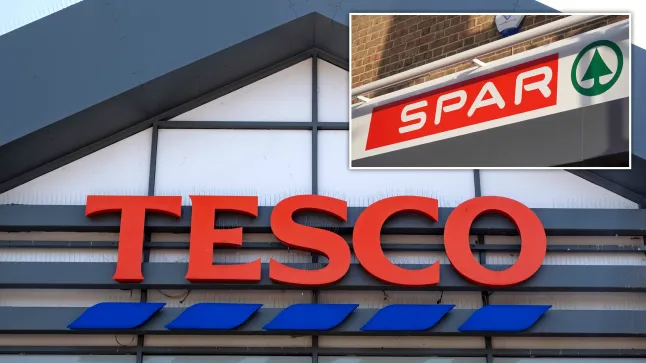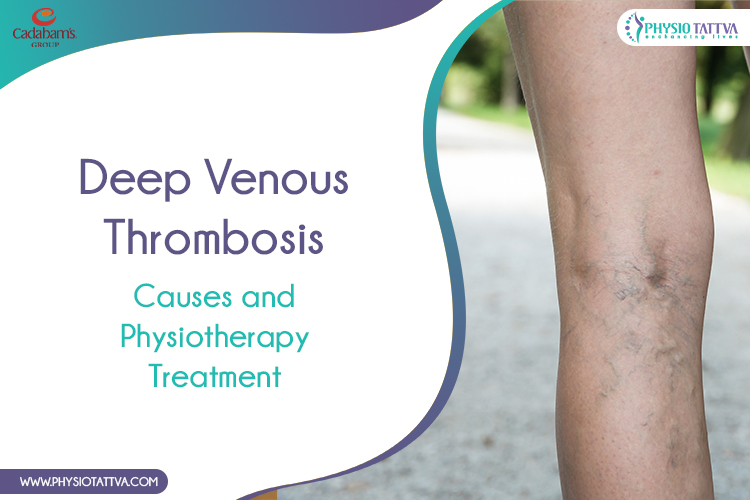
Introduction
On February 21, 2025, the Food Standards Agency (FSA) and multiple major retailers, including Tesco, initiated a widespread recall of 18 cheese products after detecting potential contamination with Listeria monocytogenes. This incident has raised significant concerns about food safety in the UK and Ireland, particularly with regard to ready-to-eat products like cheese. This detailed analysis explores the incident, the health risks associated with Listeria monocytogenes, the specifics of the recall, consumer guidance, regulatory actions, and the overall impact on public health and trust in food products.
Understanding Listeria Monocytogenes
Before diving into the specifics of the recall, it is essential to understand Listeria monocytogenes, the bacterium responsible for this public health scare. Listeria monocytogenes is a pathogenic microorganism that can cause a severe infection known as listeriosis. This bacterium thrives in cold environments, making dairy products, especially soft cheeses, susceptible to contamination even during refrigeration. It is commonly found in soil, water, and animal feces, and can easily contaminate food products during processing.
Listeriosis is primarily a concern for vulnerable populations such as:
- Pregnant women: Listeriosis can lead to miscarriage, premature birth, or stillbirth.
- Newborns: Infants can develop severe infections, including meningitis.
- Elderly individuals: People over the age of 65 are more likely to experience severe symptoms.
- People with weakened immune systems: Those with cancer, diabetes, or other immune-compromising conditions are at a higher risk of severe infections.
The infection is typically contracted through the consumption of contaminated foods, especially ready-to-eat items like cheeses, deli meats, and smoked seafood. Symptoms of listeriosis include fever, muscle aches, nausea, and diarrhea. In more severe cases, it can lead to meningitis or septicemia, both of which can be fatal.
The Tesco Cheese Recall: Overview
On February 21, 2025, Tesco, along with other retailers like Spar, was forced to recall 18 types of cheese due to possible contamination with Listeria monocytogenes. This recall impacted a variety of cheese products, including several types of cheddar and other mixed-flavor cheeses. The affected products were primarily sold under the brand names of Old Irish Creamery and Claddagh Bo, and they were sold across both Tesco and Spar stores in the UK and Ireland.
The affected cheeses included products with the following flavors:
- Cheddar with Whiskey
- Cheddar with Porter
- Chilli-flavored Cheddar
- Red Wine Cheddar
- Sriracha-flavored Cheddar
- Pepper Cheese
- Irish Sage Cheddar
- Caesar Salad-flavored Cheese
- Coffee-flavored Cheese
- Oak Smoked Cheddar
- Chives and Garlic & Herb Cheddar
These cheeses were part of a range of artisanal, pre-packaged cheeses, many of which are popular among consumers due to their unique flavor combinations. Given the prevalence of these products in grocery stores, this recall is significant and widespread.
The Recall Process
Once the contamination risk was identified, the recall process was activated, and the following steps were taken:
- Identification of Affected Products: Through routine surveillance and food safety testing, potential contamination was flagged. The products in question were immediately identified by batch codes and product descriptions.
- Notification of Affected Consumers: The Food Standards Agency (FSA) issued a public warning, urging consumers who purchased any of the affected products to dispose of them immediately or return them to the store for a full refund.
- Retailer Communication: Tesco and Spar issued statements, providing details about the recall and encouraging customers to return the products. The affected products were removed from shelves to prevent further sale.
- Investigation of Source: The source of the Listeria monocytogenes contamination was traced back to a supplier, JOD Food Products, a food manufacturing company based in Ireland. An investigation was initiated to determine how the contamination occurred and whether additional safety measures were needed in the future.
- Ongoing Monitoring: Authorities, including the FSA, continued to monitor the situation, including investigating the potential for further contamination in other products. Additional testing and safety procedures were implemented to prevent similar incidents.
Health Risks and Symptoms of Listeriosis
The key concern with the Tesco cheese recall is the health risk posed by Listeria monocytogenes. While most healthy individuals may not experience severe symptoms after consuming contaminated food, certain vulnerable populations are at a higher risk.
Symptoms of Listeriosis: These include fever, chills, muscle aches, nausea, vomiting, and diarrhea. In more severe cases, symptoms can progress to meningitis (inflammation of the membranes surrounding the brain) or septicemia (infection of the bloodstream).
For pregnant women, the risks are even more serious, as listeriosis can cause miscarriage, stillbirth, or premature birth. Pregnant women who experience flu-like symptoms after consuming contaminated food should seek medical attention immediately. Infants and the elderly are also at greater risk of severe illness, including complications such as meningitis, which can be fatal if not treated promptly.
Consumer Advisory and Action Steps
The recall prompted immediate actions to protect consumer health. The key recommendations issued by both the FSA and retailers like Tesco and Spar were:
- Do not consume the affected cheeses: If consumers have purchased any of the products listed in the recall notice, they are advised not to consume them. Even if the product appears to be fine, contamination can still pose a significant health risk.
- Return the products: Consumers who have purchased the affected cheeses can return them to the store for a full refund. No receipt is required, and the refund policy is designed to encourage consumers to take immediate action.
- Dispose of the products: Alternatively, consumers may dispose of the affected products safely, although returning them to the store is encouraged to ensure proper disposal.
- Stay informed: The FSA has urged consumers to stay updated with ongoing recalls and to regularly check product safety warnings on official food safety websites.
Retailer Responses and Measures
In response to the recall, both Tesco and Spar took swift action to protect consumer safety. Here are some of the steps they implemented:
- Store Removal: Both Tesco and Spar removed the affected cheeses from their shelves as soon as the recall was announced. This helped to prevent additional sales of potentially contaminated products.
- Public Announcements: The stores issued clear public statements informing customers about the recall and providing detailed instructions on how to return or dispose of affected products.
- Refunds and Compensation: Tesco and Spar offered full refunds for the recalled products, ensuring that customers were not financially burdened by the recall.
- Improved Quality Control: In the aftermath of the recall, both retailers have indicated that they will be working closely with their suppliers to improve quality control procedures and to ensure that similar incidents do not occur in the future.
Regulatory Oversight and Investigation
The FSA has played a central role in managing the recall and protecting public health. Following the identification of Listeria monocytogenes in the cheese products, the FSA conducted an investigation into the source of the contamination and the response measures taken by both the supplier and the retailers.
Additionally, food safety experts have emphasized the importance of continued monitoring and regular testing of dairy products, particularly those that are ready-to-eat, to prevent further outbreaks of listeriosis. The FSA and other regulatory bodies are expected to enhance their oversight of food production and distribution to ensure that proper safety protocols are followed.
Impact on Consumer Confidence and Food Safety
The Tesco cheese recall is likely to have a significant impact on consumer confidence in food safety. This incident highlights the ongoing risks of foodborne illness, even in trusted, well-established brands. Consumers are encouraged to be vigilant and informed about potential risks, and retailers are under pressure to ensure their products meet the highest safety standards.
This recall also raises broader questions about food safety in the supply chain. It underscores the need for rigorous quality control, regular testing, and transparency from both food manufacturers and retailers to maintain public trust.
Conclusion
The Tesco cheese recall of 2025 serves as a critical reminder of the importance of food safety and the potential risks posed by foodborne pathogens like Listeria monocytogenes. While the immediate health risks are being addressed through the recall, the long-term impact on consumer confidence and food safety practices will likely be felt for some time. Both consumers and industry players must remain vigilant and proactive in ensuring that food products are safe for consumption.
By taking swift action and following proper protocols, Tesco, Spar, and the FSA have minimized the risks posed by this contamination, but the incident underscores the ongoing challenges in maintaining food safety standards in a complex global food supply chain. Moving forward, it is crucial that food producers, retailers, and regulatory bodies continue to prioritize consumer health and safety, preventing similar incidents from occurring in the future.







1 thought on “Tesco Cheese Recall: A Deep Dive into the Listeria Contamination Incident”